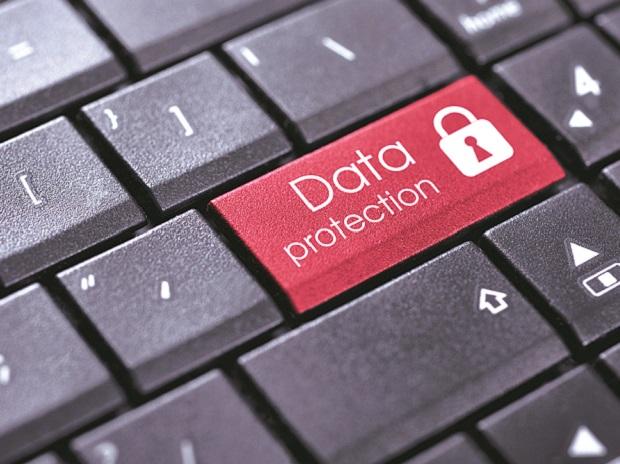Digital privacy at stake? 10 Tips to avoid leaving tracks around internet
Google
and Facebook
collect information about us and then sell that data to advertisers.
Websites deposit invisible “cookies”
onto our computers and then record where we go online. Even our own
government has been known to track us.
When
it comes to digital privacy, it’s easy to feel hopeless. We’re
mere mortals! We’re minuscule molecules in their machines! What
power do we possibly have to fight back?That was the question I posed to you, dear readers, in the previous “Crowdwise.”
Many of you responded with valuable but frequently repeated suggestions: Use a program that memorizes your passwords, and make every password different. Install an ad blocker in your web browser, like uBlock Origin. Read up on the latest internet scams. If you must use Facebook, visit its Privacy Settings page and limit its freedom to target ads to you.
What I sought, though, was non-obvious ideas.
It turns out that “digital privacy” means different things to different people.
“Everyone has different concerns,” wrote Jamie Winterton, a cybersecurity researcher at Arizona State University. “Are you worried about private messaging? Government surveillance? Third-party trackers on the web?” Addressing each of these concerns, she noted, requires different tools and techniques. Read More
Article
Source -> Business
Standard




Comments
Post a Comment